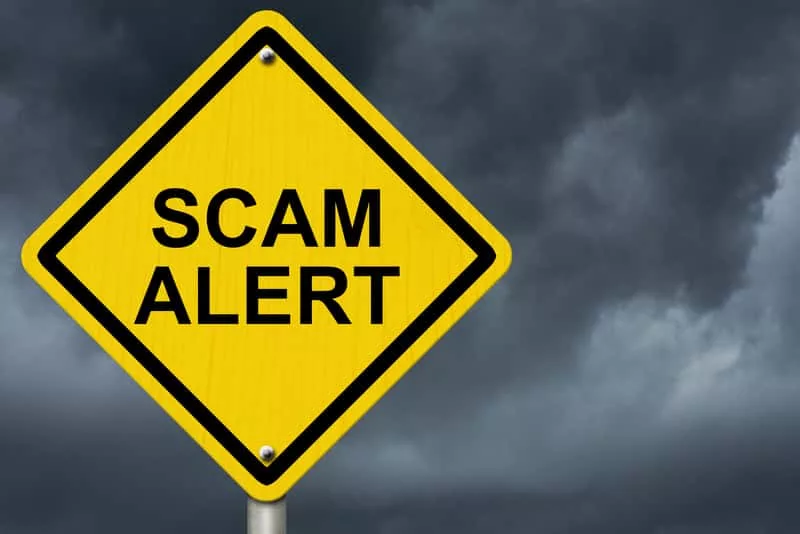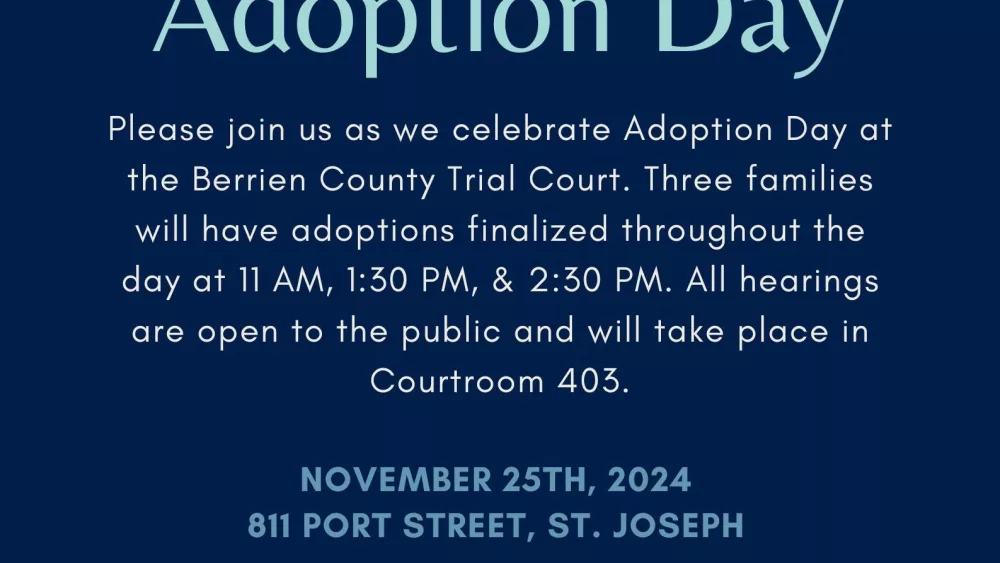When we’ve all seen the striking TV images of the impact of Hurricane Harvey in Houston, it’s natural to want to step up and help those in peril in some way. Unfortunately, natural disasters such as this also inevitably bring out scam artists who prey on your sense of goodwill. Hurricane relief efforts especially are ripe for con men working the sidelines hoping to take the money you’re so ready to offer up.
Consumer Advocate and best-selling Amazon author Adam Levin, however, cautions everyone to take a deep breath and think twice before you get arbitrarily sucked into a charity that is only lining the pockets of rip off artists and others intent on taking you for a ride.
Natural disasters especially provide scammers the perfect opportunity to prey on consumers. Here are some cautionary consumer tips from Levin so you don’t get taken:
Beware of Phishing Scams
- Consumers are receiving emails with malicious links to make donations to #HurricaneHarveyRelief Fund. This is a scam.
- Facebook pages containing links to victim relief sites end up taking the user to a scam clone site designed to steal their information.
- Tweets are being sent with links to “charity sites”, but the links are maliciously designed to infect the consumer’s computer.
Houston is being targeted with this social media scam: The post reads, “The National Guard is being deployed to our Texas area. If you find yourself in a state of emergency. Call 1-800-527-3907. Please copy, paste or share!!!!!!!!!”
- Do not copy, paste or share. It is a scam!
- When receiving an email or looking at a social media posting, think before you click that link!
Charity Scams
Name Check! It’s common for scams to use names that sound like real charities. One-word difference, and it’s not the same. Verify the name of the charity by going to the official website. Look for the https to make sure it’s a secure site and not a clone site.
- What is the mission? Find the description of what the group is doing and how it accomplishes its goals. Seek examples of work the charity does. Legitimate charities have real examples of their work.
- Can you hear me now? If you are being pitched by phone, its best to hang up and check to see if the charity is legitimate. Never give personal information or wire money over the phone.
- Holding you hostage. No reputable charity will hold a potential donor hostage over the phone. One major red flag is if the caller demands that you give now, right away. The bullying tactic is an attempt to prevent you from doing your homework. Hang up. Don’t take the bait.
- Do your own research. The best way to give to a charity is to pick one that you’ve researched and has a mission and accomplishments that you can get behind. Be sure to check third-party charity review sites like Give.org, Guidestar.org, and CharityNavigator.org to see what they have to say.
Never click on links. You may see a link to a victim story or a “must see” video. This is a click baiting scam designed to lead you to a clone site or to install malware on your device. Always think before you click that link!
Tax Deductibility. Make sure the charity is a legitimate 501c3 with tax exemption status.
Get help. If you think you have been a victim of a charity/donation scam, contact the FTC and/or the Attorney General’s office and file a complaint.
Fake Rental Scams
Many victims displaced from their homes are looking for quick rentals.
Fraudsters looking for people in desperate situations post fake listings on Facebook or Craigslist. If they ask for an upfront deposit before you do a walk through of the place or never want to meet, run. Never rent an apartment from someone you don’t meet in person. Never wire money or give out your bank or credit card account information.
Fake FEMA Endorsement
If a contractor claims to be endorsed or certified by FEMA, this is a scam. FEMA does not certify or approve contractors. Do your homework. To make sure your contractor is reputable, you can go to FEMA.gov and look at their checklist of questions to ask your general contractor. Make sure they are licensed and have general liability insurance.
If you want to always assure yourself that you’re donations are safe, donate only to those people that you know and trust or stick with the major national providers like the Red Cross, Salvation Army, United Way and other similar organizations with solid reputations.






